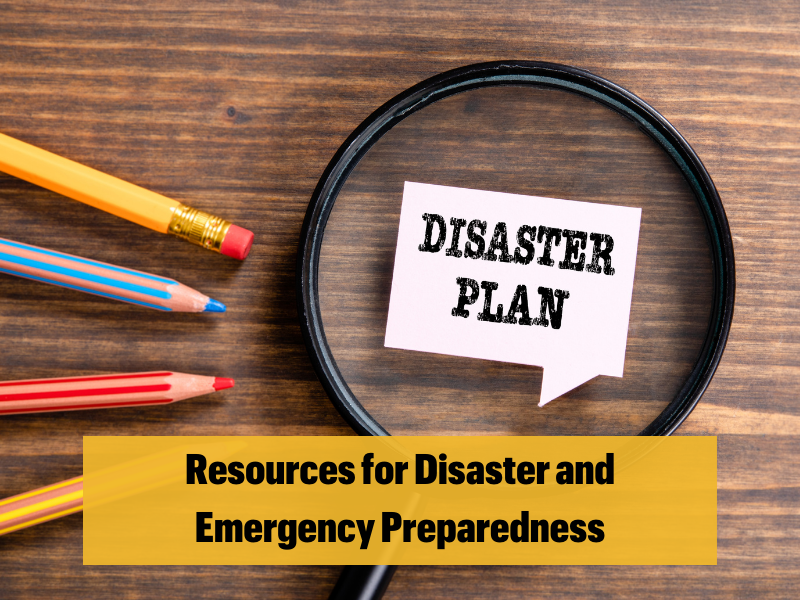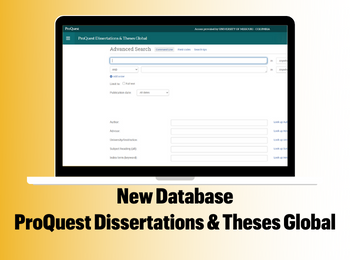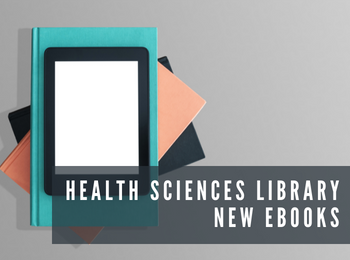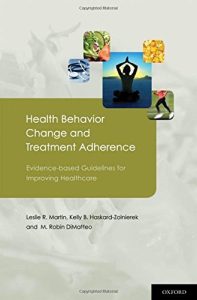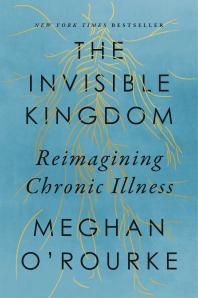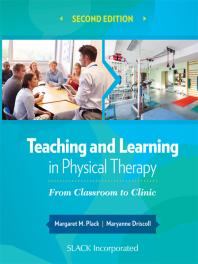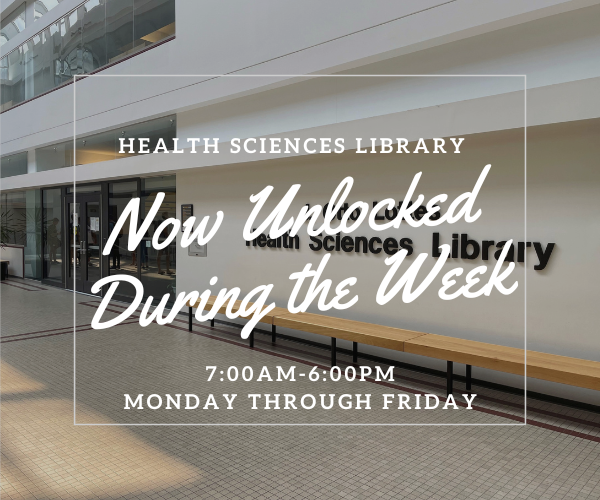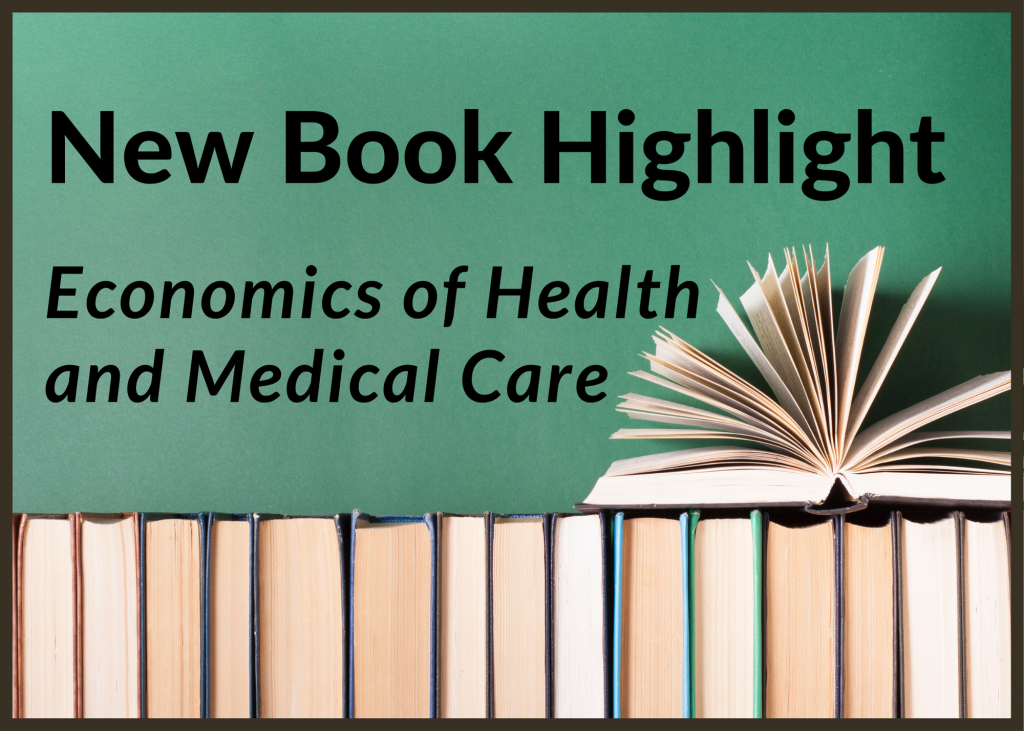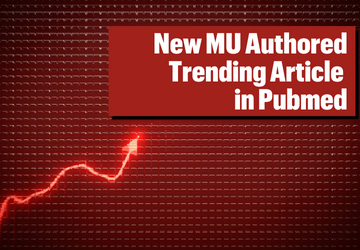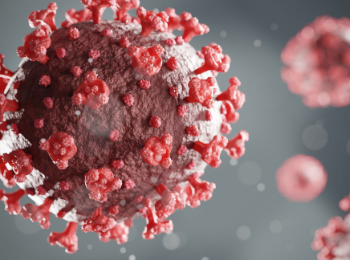Below is a list of recently published Pubmed articles from the University of Missouri related to COVID-19.
If you need assistance accessing the articles, please email asklibrary@health.missouri.edu.
Pubmed collection of MU authored COVID articles
Baindara P, Sarker MB, Earhart AP, Mandal SM, Schrum AG. NOTCH signaling in COVID-19: a central hub controlling genes, proteins, and cells that mediate SARS-CoV-2 entry, the inflammatory response, and lung regeneration. Front Cell Infect Microbiol. 2022;12:928704. Epub 20220804. doi: 10.3389/fcimb.2022.928704. PubMed PMID: 35992174; PMCID: PMC9386183.
Bayati M, Hsieh HY, Hsu SY, Li C, Rogers E, Belenchia A, Zemmer SA, Blanc T, LePage C, Klutts J, Reynolds M, Semkiw E, Johnson HY, Foley T, Wieberg CG, Wenzel J, Lyddon T, LePique M, Rushford C, Salcedo B, Young K, Graham M, Suarez R, Ford A, Lei Z, Sumner L, Mooney BP, Wei X, Greenlief CM, Johnson MC, Lin CH. Identification and quantification of bioactive compounds suppressing SARS-CoV-2 signals in wastewater-based epidemiology surveillance. Water Res. 2022;221:118824. Epub 20220705. doi: 10.1016/j.watres.2022.118824. PubMed PMID: 35830746; PMCID: PMC9253601.
Becevic M, Warne-Griggs M, Wallach E, Edison K, Mutrux R, McElroy JA, Hsu A, Shyu CR, Trotman R, Hoffman K. Community Case Study: The Role of Live-Interactive Learning Network in Addressing Community Wide Information Needs Through Show-Me COVID-19 ECHO. Front Public Health. 2022;10:913747. Epub 20220706. doi: 10.3389/fpubh.2022.913747. PubMed PMID: 35875020; PMCID: PMC9298867.
Bezner TL, Sivaraman M. COVID-19 Pandemic and Its Impact on Sleep Health: A Rapid Review. Mo Med. 2022;119(4):385-9. PubMed PMID: 36118813; PMCID: PMC9462915.
Dannecker EA, Clements S, Schultz E, Derrick B, Keleh SA, Golzy M. Relationships Among Musculoskeletal Symptoms, Self-Rated Health, and Work Locations in Studies of Computer Work or Coronavirus Diagnosis. J Occup Environ Med. 2022. Epub 20220721. doi: 10.1097/jom.0000000000002649. PubMed PMID: 35901216.
Fraiman J, Erviti J, Jones M, Greenland S, Whelan P, Kaplan RM, Doshi P. Serious adverse events of special interest following mRNA COVID-19 vaccination in randomized trials in adults. Vaccine. 2022;40(40):5798-805. Epub 20220831. doi: 10.1016/j.vaccine.2022.08.036. PubMed PMID: 36055877; PMCID: PMC9428332.
Gumna J, Antczak M, Adamiak RW, Bujnicki JM, Chen SJ, Ding F, Ghosh P, Li J, Mukherjee S, Nithin C, Pachulska-Wieczorek K, Ponce-Salvatierra A, Popenda M, Sarzynska J, Wirecki T, Zhang D, Zhang S, Zok T, Westhof E, Miao Z, Szachniuk M, Rybarczyk A. Computational Pipeline for Reference-Free Comparative Analysis of RNA 3D Structures Applied to SARS-CoV-2 UTR Models. Int J Mol Sci. 2022;23(17). Epub 20220825. doi: 10.3390/ijms23179630. PubMed PMID: 36077037; PMCID: PMC9455975.
Hsu SY, Bayati M, Li C, Hsieh HY, Belenchia A, Klutts J, Zemmer SA, Reynolds M, Semkiw E, Johnson HY, Foley T, Wieberg CG, Wenzel J, Johnson MC, Lin CH. Biomarkers selection for population normalization in SARS-CoV-2 wastewater-based epidemiology. Water Res. 2022;223:118985. Epub 20220815. doi: 10.1016/j.watres.2022.118985. PubMed PMID: 36030667; PMCID: PMC9376872.
Kataria S, Rogers S, Sadia H, Ali T, Qureshi HM, Bano S, Anigbo CL, Singh R. Antineutrophil Cytoplasmic Antibody (ANCA)-Associated Renal Vasculitis After COVID-19 Infection: A Case Report. Cureus. 2022;14(6):e26111. Epub 20220620. doi: 10.7759/cureus.26111. PubMed PMID: 35875289; PMCID: PMC9298682.
Lyu Z, Singh P, Bottoms C, Sinn M, Featherston J, Cleavinger K, Bos J, Markham M, Koffarnus N, Turabelidze G, Joshi T. Empowering SARS-CoV-2 Genomics Surveillance in Missouri with Data Analytics and Integration Portals. Mo Med. 2022;119(3):185-7. PubMed PMID: 36035558; PMCID: PMC9324701.
Ramuta MD, Newman CM, Brakefield SF, Stauss MR, Wiseman RW, Kita-Yarbro A, O’Connor EJ, Dahal N, Lim A, Poulsen KP, Safdar N, Marx JA, Accola MA, Rehrauer WM, Zimmer JA, Khubbar M, Beversdorf LJ, Boehm EC, Castañeda D, Rushford C, Gregory DA, Yao JD, Bhattacharyya S, Johnson MC, Aliota MT, Friedrich TC, O’Connor DH, O’Connor SL. SARS-CoV-2 and other respiratory pathogens are detected in continuous air samples from congregate settings. Nat Commun. 2022;13(1):4717. Epub 20220811. doi: 10.1038/s41467-022-32406-w. PubMed PMID: 35953484; PMCID: PMC9366802.
Regunath H. COVID-19 Pills – A Long Awaited Ally for Out-Patient Therapeutics. Mo Med. 2022;119(1):26-7. PubMed PMID: 36033141; PMCID: PMC9312460.
Santos A, Sauer M, Neil AJ, Solomon IH, Hornick JL, Roberts DJ, Quade BJ, Parra-Herran C. Absence of SARS-CoV-2 Spike glycoprotein expression in placentas from individuals after mRNA SARS-CoV-2 vaccination. Mod Pathol. 2022;35(9):1175-80. Epub 20220331. doi: 10.1038/s41379-022-01061-3. PubMed PMID: 35361888; PMCID: PMC8967927.
Simon ME, Reuter ZC, Fabricius MM, Hitchcock NM, Pierce RP. Diabetes Control in a Student-Run Free Clinic During the COVID-19 Pandemic. J Community Health. 2022;47(5):835-40. Epub 20220705. doi: 10.1007/s10900-022-01117-0. PubMed PMID: 35788471; PMCID: PMC9255462.
Tarique M, Suhail M, Naz H, Muhammad N, Tabrez S, Zughaibi TA, Abuzenadah AM, Hashem AM, Shankar H, Saini C, Sharma A. Where do T cell subsets stand in SARS-CoV-2 infection: an update. Front Cell Infect Microbiol. 2022;12:964265. Epub 20220810. doi: 10.3389/fcimb.2022.964265. PubMed PMID: 36034704; PMCID: PMC9399648.
Triggle CR, Marei I, Ye K, Ding H, Anderson TJ, Hollenberg MD, Hill MA. Repurposing Metformin for Vascular Disease. Curr Med Chem. 2022. Epub 20220729. doi: 10.2174/0929867329666220729154615. PubMed PMID: 35909294.
Wismüller A, AM DS, Abidin AZ, Ali Vosoughi M, Gange C, Cortopassi IO, Bozovic G, Bankier AA, Batra K, Chodakiewitz Y, Xi Y, Whitlow CT, Ponnatapura J, Wendt GJ, Weinberg EP, Stockmaster L, Shrier DA, Shin MC, Modi R, Lo HS, Kligerman S, Hamid A, Hahn LD, Garcia GM, Chung JH, Altes T, Abbara S, Bader AS. Early-stage COVID-19 pandemic observations on pulmonary embolism using nationwide multi-institutional data harvesting. NPJ Digit Med. 2022;5(1):120. Epub 20220819. doi: 10.1038/s41746-022-00653-2. PubMed PMID: 35986059; PMCID: PMC9388980.
Yang M, Zhang CY. Important role of acute care surgery during pandemic time. World J Gastrointest Surg. 2022;14(6):626-8. doi: 10.4240/wjgs.v14.i6.626. PubMed PMID: 35979421; PMCID: PMC9258236.
